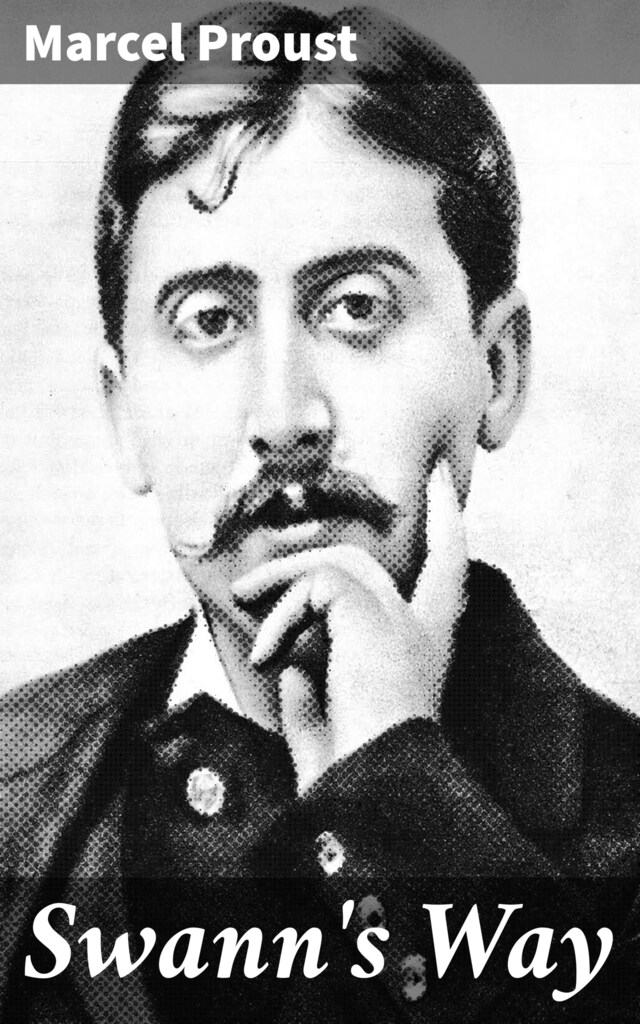
Swann's Way
Exploring Time, Memory, and Love: A Deep Dive into Proustian Themes
Description of book
In "Swann's Way," the first volume of Marcel Proust's monumental work "In Search of Lost Time," the author masterfully weaves a narrative rich in introspection and memory, establishing a new paradigm in literary style. Through the use of stream-of-consciousness and intricate character sketches, Proust explores themes of love, art, and time, employing vivid imagery and detailed observations that evoke a profound sense of nostalgia. The novel's fragmented structure and temporal shifts invite readers to ponder the complexities of human experience, culminating in a meditation on the nature of remembrance itself. Marcel Proust, a French novelist and essayist, was deeply influenced by his own experiences of love and societal observation, often drawing from his affluent upbringing in Paris. His intimate understanding of the nuances of social interactions and the psychological depth of human emotions lends authenticity to the characters in "Swann's Way." Proust's delicate exploration of passion, particularly through the lens of Charles Swann's yearning for Odette, reflects not only personal struggles but also broader philosophical inquiries into desire and identity. This seminal work is essential for any reader seeking to comprehend the intricacies of human consciousness and the passage of time. Proust's evocative prose beckons readers to reflect deeply on their own memories and experiences. "Swann's Way" stands as a timeless exploration of art and love, inviting an engagement with both its narrative and philosophical depths.
 Marcel Proust
Marcel Proust 598 Pages
598 Pages